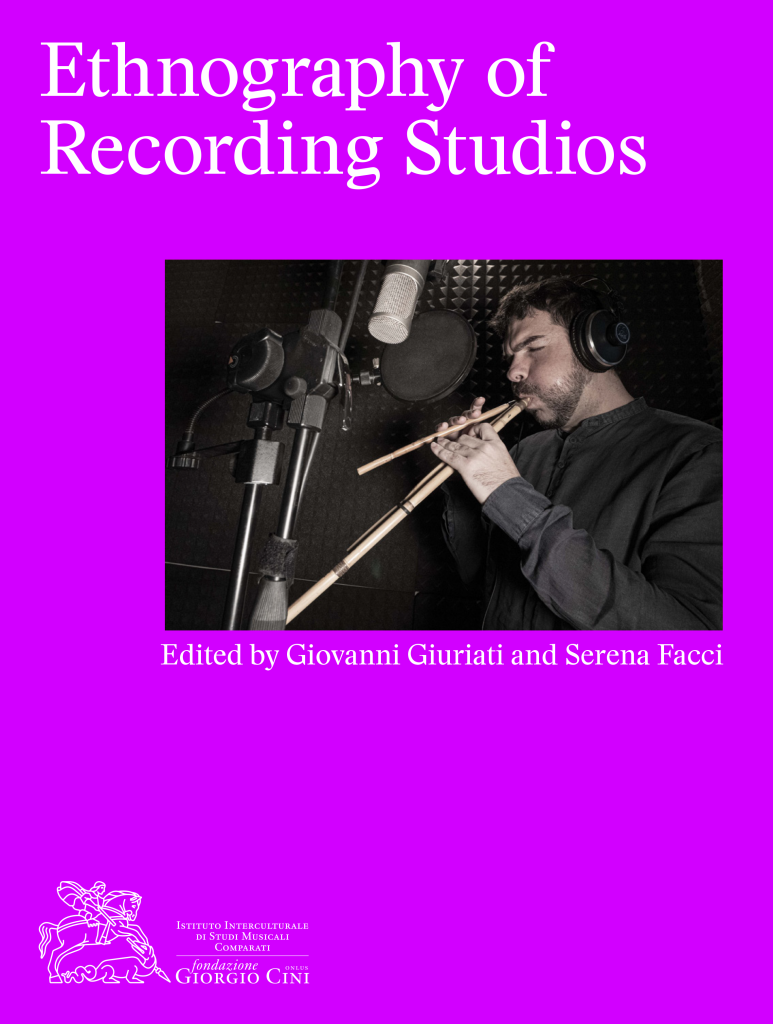
Ethnography of Recording Studios
The volume Ethnography of Recording Studios is the fourth in a series of online publications that the IISMC is promoting, based on its international ethnomusicology seminars. It is a series that addresses current research topics with the aim to contribute to an international debate on the discipline. At the same time, it intends to create valuable teaching resources, especially at the university level. Edited by Giovanni Giuriati and Serena Facci, the volume stems from a Seminar organized in San Giorgio in 2019, and, through the contributions of several authors, mostly Italian, aims to provide an interdisciplinary reflection on a crucial place for musical creation, now that musics are increasingly circulating in reproduced and mediatized forms. Those who, like ethnomusicologists, have always been concerned with living musics must contend with the continuous redefinition of the places and practices of music production. In this perspective, the recording studio has become an important space for research in recent decades. The main theme on which this volume aims to reflect is the possible application of ethnographic research, proper to the anthropological method, to a contemporary, technological world with the aim of constructing interpretive models that draw on both the methodologies of ethnomusicology and popular music studies. Some of the ‘classic’ issues of ethnomusicological research (study of creative processes, performing practices, status of the musician) are combined with new issues raised by the changed context – the recording studio – in which the observed activities take place. These include the lack of a direct audience, the relationship with increasingly sophisticated technologies, the delocalization and fragmentation of teamwork, and the creative role of professional figures other than the musician such as the producer and the sound engineer.
Leading scholars of ethnomusicology and popular music studies at the international level contribute their own theoretical reflections to this volume, alongside the presentation of significant cases of ethnographic research comparing different experiences in terms of both musical genres and geographical areas, ranging from Europe, to Africa, and Asia.
As is to be expected, in such an online publication there are several links that refer to audiovisual documentation, making this volume fully multimedia.
